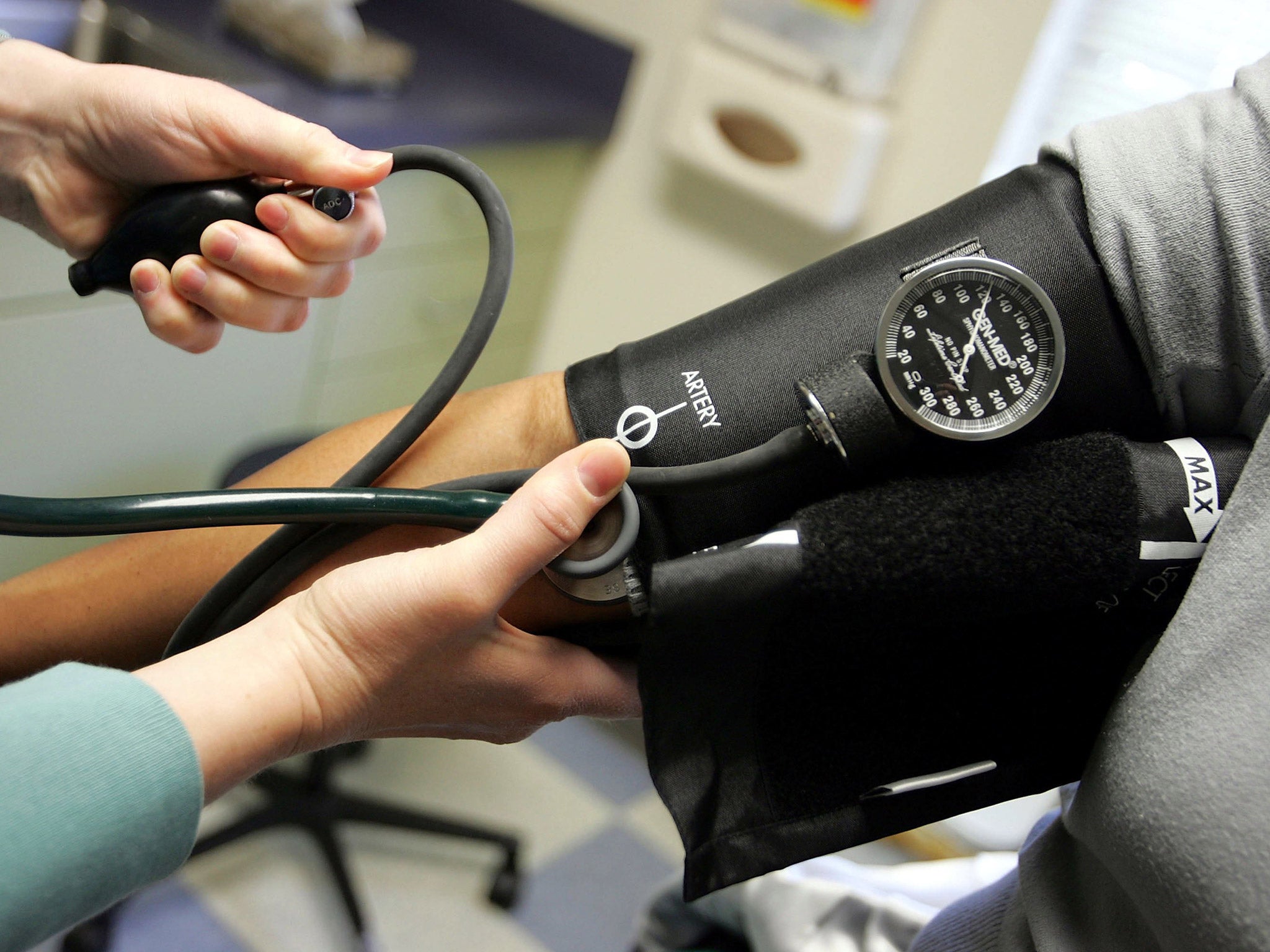A 10-year study has revealed a startling link between high levels of anxiety and an increased risk of death from liver disease.
The research, carried out by scientists at the University of Edinburgh, took account for obvious sociological and physiological factors such as alcohol consumption, obesity, diabetes and class, but still the data pointed to a clear relationship between the psychological conditions of stress and depression and the physical health of the hepatic system.
There were over 165,000 participants surveyed for mental distress. They were each tracked for over a decade during which time the causes of death for those who passed on were recorded and categorised. What was found was that those who’d scored highly for signs of depression and stress were far more likely to suffer fatal liver disease.
“This study provides further evidence for the important links between mind and body, and of the damaging effects psychological distress can have on physical wellbeing,” said Dr Tom Russ of the Centre for Clinical Brain Sciences.
The work did not uncover any reasons for direct cause and effect but is the first to identify such a link between mental states and liver damage.
Previous research has described how psychological conditions can lead to increased risk of cardiovascular disease which, in turn, may develop into obesity, raised blood pressure and then eventually to liver failure but, with this methodology controlling for such factors, it appears that the link is more direct than was previously thought.
The University of Edinburgh research was published in the Gastroenterology journal.

Join our commenting forum
Join thought-provoking conversations, follow other Independent readers and see their replies
Comments